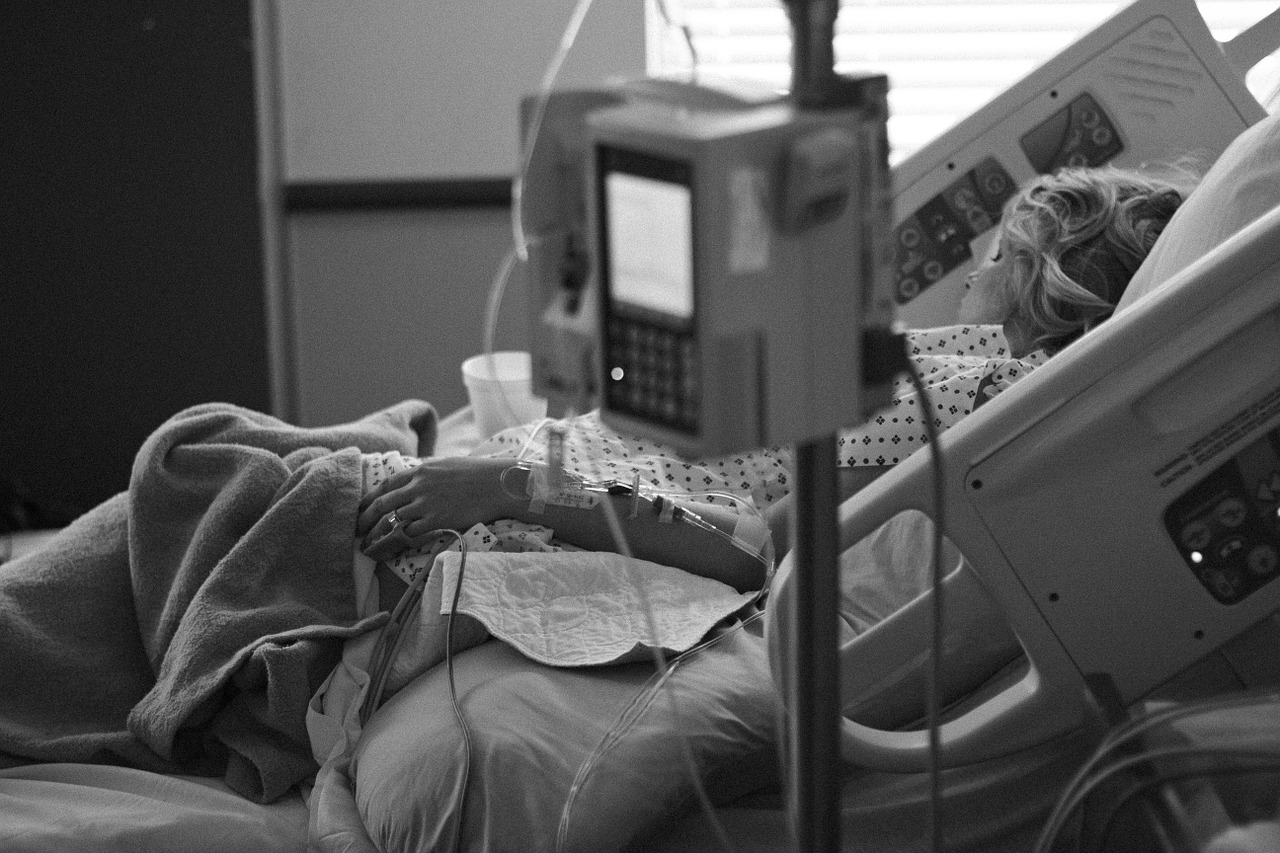Women are more likely to suffer from lesser-known symptoms of acute heart attack compared to men, a new study states.
Judith Lichtman, from Yale School of Public Health (YSPH), and a team of colleagues examined data on around 3,000 men and women below 55 year old, who had been hospitalized due to acute myocardial infarction (AMI) or heart attack. The researchers found that the majority of men and women in the study experienced chest pain or tightening in the chest, pressure and discomfort as the primary symptoms of their condition.
But the women were found to be more likely than the men to feel other related symptoms like shortness of breath, palpitations, indigestion, pain in the arms, jaw or neck. The women were also more likely to perceive these feelings as symptomatic of stress or anxiety, rather than a heart attack, Tech Times reports.
The researchers likewise found that half of the doctors whom female patients consult regarding their health prior to getting hospitalized did not realize that the symptoms were linked to their patients’ heart health.
Lichtman and colleagues wrote,
Women presented with a greater number of additional non-chest pain symptoms regardless of the presence of chest pain, and both women and their healthcare providers were less likely to attribute their prodromal symptoms to heart disease in comparison with men.
Previous studies have shown that women are more likely to experience a wider range of symptoms for heart attacks, and are more likely to die in a hospital caused by the same.
Nieca Goldberg, from New York University’s Langone Medical Center, said, “Although men and women can experience chest pressure that feels like an elephant sitting across the chest, women can experience a heart attack without chest pressure.” She added, “They may experience shortness of breath, pressure or pain in the lower chest or upper abdomen, dizziness, lightheadedness or fainting, upper back pressure or extreme fatigue.”
These findings indicate missed opportunities to determine symptoms of declining heart health in women, the authors concluded.
The study was published in Circulation.
























